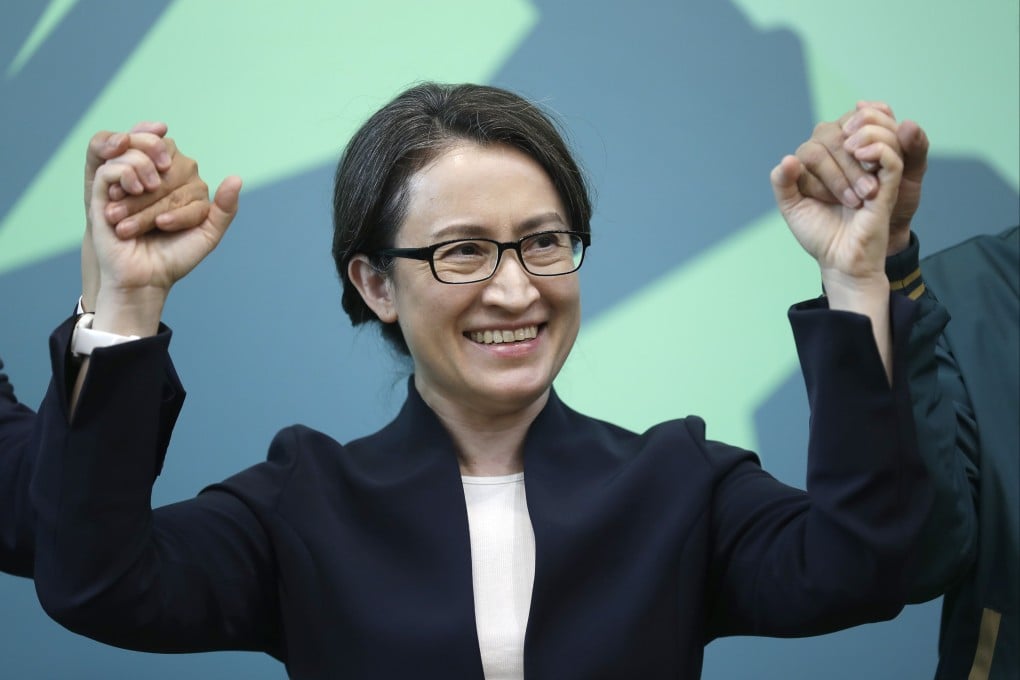Advertisement
Is Taiwan’s incoming No 2 leader Hsiao Bi-khim the island’s new ‘US whisperer’?
- As Taipei prepares to inaugurate William Lai as its new leader, his ‘force of nature’ second-in-command has Beijing concerned about her sway in Washington
- Hsiao described as building ‘image of a hard-working diplomat intent on cultivating ties with like-minded democracies through soft power’
Reading Time:5 minutes
Why you can trust SCMP
36

Mark Magnierin New York
When asked what it was like being vice-president under then-Taiwanese president Chen Shui-bian, Annette Lu once responded that she felt like wallpaper.
Few expect vice-president-elect Hsiao Bi-khim to adorn the walls, judging by her tenure as Taiwan’s de facto ambassador to the United States from 2020 to 2023.
“Bi-khim Hsiao is a force of nature,” said Ryan Hass of the Washington-based Brookings Institution and formerly with the US National Security Council.
Hsiao has strong foreign-policy and national-security chops, enjoys broad support in Washington and knows US-Taiwan policy issues intimately.
These include a proposed reciprocal tax treaty, a potential trade agreement as well as US arms sales and pressure on the island to bolster its own defence, complementing president-elect William Lai Ching-te’s more domestically focused resume.

But Hsiao will plough new ground when she is sworn in on Monday alongside Lai. Taiwan has never had a powerful vice-president, the position has no formal constitutional role and Lai likes to run the show.
Advertisement
